International
Russia says ceasefire reached to evacuate wounded from Azovstal
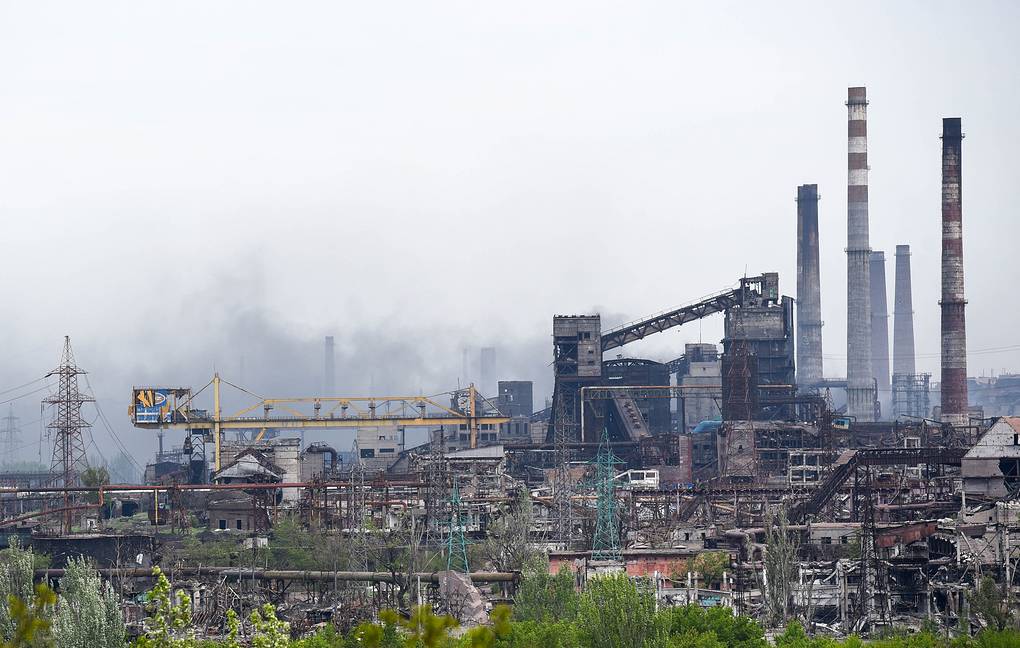
AFP
Russia’s defence ministry said Monday that an agreement has been reached to evacuate injured soldiers from the Azovstal steel plant in Ukraine’s port city of Mariupol.
“An agreement was reached with representatives of the Ukrainian military blocked at Azovstal in Mariupol to evacuate the wounded,” the ministry said.
It added that a “regime of silence” was introduced for the duration of the evacuation and that the Ukrainian soldiers would be taken to a hospital in the nearby town of Novoazovsk.
There was no immediate confirmation from Ukrainian officials.
Hundreds of Ukrainian soldiers remained holed up in the underground tunnels of the huge Azovstal steel factory that has been besieged by Russian forces for weeks after Moscow claimed control of Mariupol.
Ukraine’s Azov battalion, which has led the defence of Mariupol, has posted desperate videos from the plant, saying soldiers are dying from their wounds there.
International
Bogotá and Quito Seek Dialogue After Tariffs and Power Cut Escalate Tensions
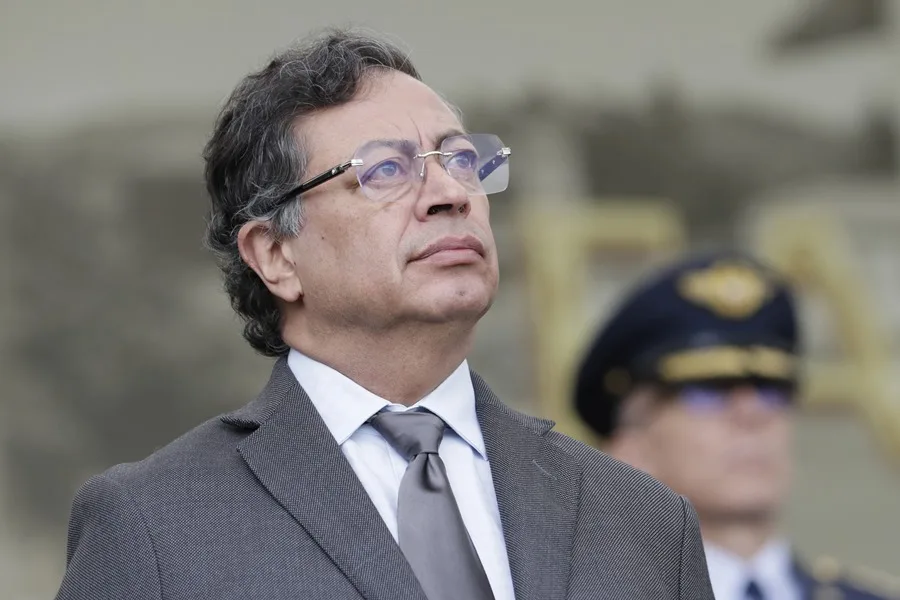
Bogotá and Quito will hold an emergency bilateral summit next week amid recent developments that have strained relations between the two countries.
Tensions escalated this week after Ecuadorian President Daniel Noboa unexpectedly announced a 30% tariff on Colombian imports. Colombia responded with a reciprocal measure, imposing the same tariff on around 20 Ecuadorian products and suspending electricity exports to Ecuador.
Aware that electricity imports are critical to easing Ecuador’s recent energy crises, Quito further imposed a 30% tariff on the transportation of Colombian oil through its territory.
However, recent statements from the Ecuadorian government suggest that dialogue between the two sides has intensified in recent hours. Ecuador’s Minister of Foreign Affairs, Gabriela Sommerfeld, confirmed that active conversations are under way.
In Colombia, segments of the business sector have welcomed the prospect of negotiations. The National Business Council (Consejo Gremial Nacional, CGN), for instance, urged both governments to restore commercial relations, warning that the dispute “puts jobs and regional economic stability at risk.”
International
Trump-Era Defense Plan Prioritizes Border Security and Scales Back Global Commitments
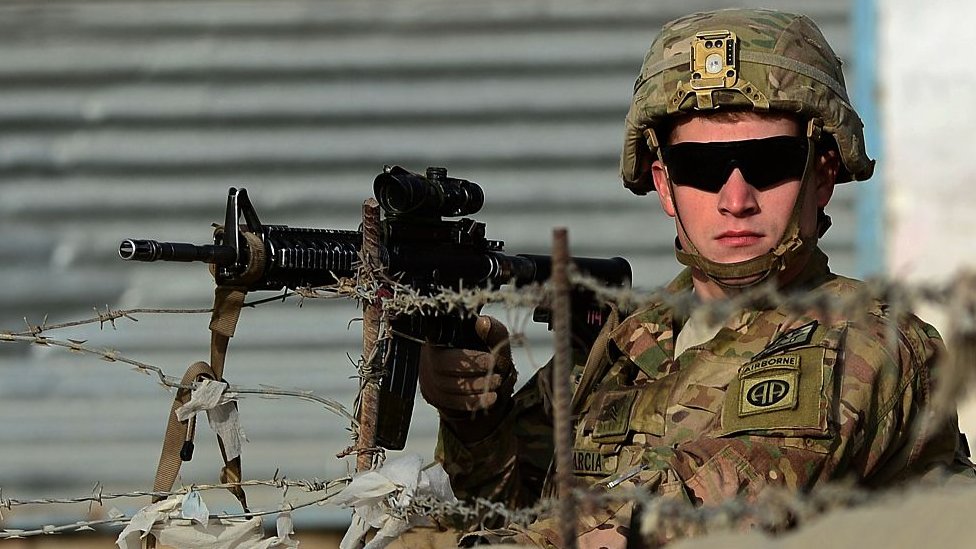
The U.S. military will prioritize the defense of the homeland and the deterrence of China, while providing more limited support to its allies and elevating Latin America as a key focus of its agenda, according to a Pentagon strategic document released on Friday.
The 2026 National Defense Strategy (NDS) represents a significant shift from previous Pentagon policies, both in its emphasis on allies assuming greater responsibility with reduced backing from Washington and in its more moderate tone toward traditional adversaries such as China and Russia.
“As U.S. forces focus on defending the homeland and the Indo-Pacific, allies and partners elsewhere will assume primary responsibility for their own defense, with crucial but more limited support from U.S. forces,” the document states.
The previous defense strategy, published during President Joe Biden’s administration, described China as Washington’s most consequential challenge and characterized Russia as an “acute threat.”
The new strategy, however, calls for maintaining “respectful relations” with Beijing and makes no reference to Taiwan, the democratically governed island claimed by China and allied with the United States. It also describes the threat posed by Russia as “persistent but manageable,” particularly affecting NATO’s eastern members.
While both the Biden-era strategy and the Trump administration’s approach emphasize the importance of defending U.S. territory, they differ significantly in their assessment of the challenges facing the country.
The Trump administration’s NDS sharply criticizes the previous government for neglecting border security, arguing that this failure led to an “influx of illegal immigrants” and widespread narcotics trafficking.
International
Guatemala considers sending high-risk gang members to military prisons

Amid the escalating crisis in Guatemala’s prison system, the government is considering transferring high-risk gang members to military-run detention facilities, a move that analysts say could help address overcrowding and the lack of control in civilian prisons.
The debate has gained urgency following the killing of ten police officers by gang members, reportedly in retaliation after the government refused to meet demands made by Aldo Dupie Ochoa, alias “El Lobo,” leader of the Barrio 18 gang, which authorities identified as responsible for the attack.
Guatemala’s Minister of Defense, Henry David Sáenz, told local media that the possibility of relocating high-danger inmates to military brigades has not been formally discussed. However, he noted that the practice is not new to the Armed Forces and said it is something that “was already being done.”
One example is the detention center located within the Mariscal Zavala Military Brigade, in Zone 17 of Guatemala City, where several inmates are held under military supervision. The facility also houses high-profile detainees, including former official Eduardo Masaya, who faces corruption charges.
In 2015, a ministerial agreement authorized the establishment of the Zone Seventeen Detention Center within the brigade, with a maximum capacity of 114 inmates in Area A and 21 in Area B. The agreement specified that the facility would be used exclusively for civilians or military personnel considered at risk of assassination.
Additionally, since 2010, a prison has operated within the Matamoros Barracks in Zone 1 of Guatemala City, holding dangerous or high-profile inmates. However, media outlets have described these military detention centers as “VIP prisons,” particularly for former government officials such as ex-president Otto Pérez Molina.
-
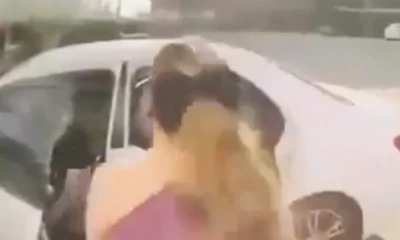
 International4 days ago
International4 days agoMexican influencer “La Nicholette” kidnapped in exclusive area of Culiacán
-

 Central America3 days ago
Central America3 days agoMazatenango Carnival cancelled amid State of Siege in Guatemala
-

 International4 days ago
International4 days agoMajor winter storm to blanket U.S. and Canada with snow, ice and arctic cold
-
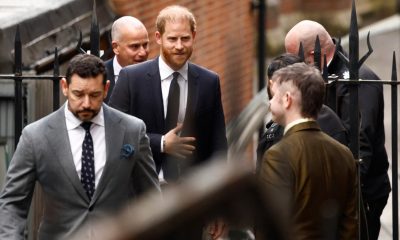
 International5 days ago
International5 days agoDaily Mail publisher insists reports relied on legitimate sources amid privacy trial
-
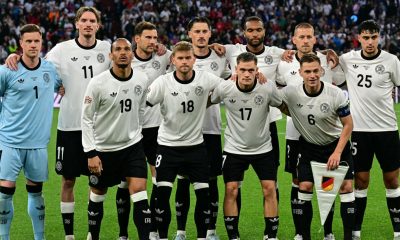
 International5 days ago
International5 days agoGermany says football bodies alone will decide on possible World Cup boycott
-

 International3 days ago
International3 days agoMarkets rise as Trump halts Europe tariffs and floats Greenland agreement framework
-

 International4 days ago
International4 days agoTrump announces preliminary NATO agreement on Greenland, suspends tariffs on Europe
-
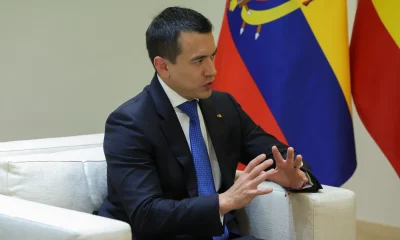
 International4 days ago
International4 days agoColombia slams Ecuador’s 30% tariff as ‘economic aggression’
-

 International3 days ago
International3 days agoVenezuela’s interim president predicts 37% increase in revenues for 2026
-

 International3 days ago
International3 days agoTrump to invite Venezuela’s interim president Delcy Rodríguez to Washington
-

 International3 days ago
International3 days agoJapan reopens Kashiwazaki-Kariwa Plant despite public concerns
-

 Internacionales2 days ago
Internacionales2 days agoMajor winter storm threatens “catastrophic” ice and snow across much of the U.S.
-

 International3 days ago
International3 days agoFour minors killed in deadly clash between FARC dissidents in Colombia’s Amazon
-
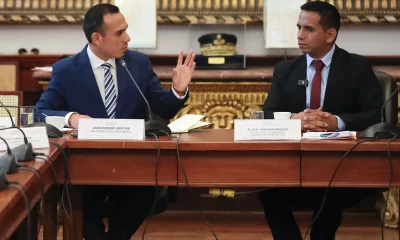
 International4 days ago
International4 days agoJosé Jerí claims destabilization attempt after videos of secretive meetings surface
-

 Central America2 days ago
Central America2 days agoGuatemala’s president rules out negotiations with inmates after prison riots
-

 International2 days ago
International2 days agoGuatemala considers sending high-risk gang members to military prisons
-

 International23 hours ago
International23 hours agoTrump-Era Defense Plan Prioritizes Border Security and Scales Back Global Commitments
-

 International2 days ago
International2 days agoRights group says over 5,000 killed in Iran protests, mostly civilians
-

 International23 hours ago
International23 hours agoBogotá and Quito Seek Dialogue After Tariffs and Power Cut Escalate Tensions


























